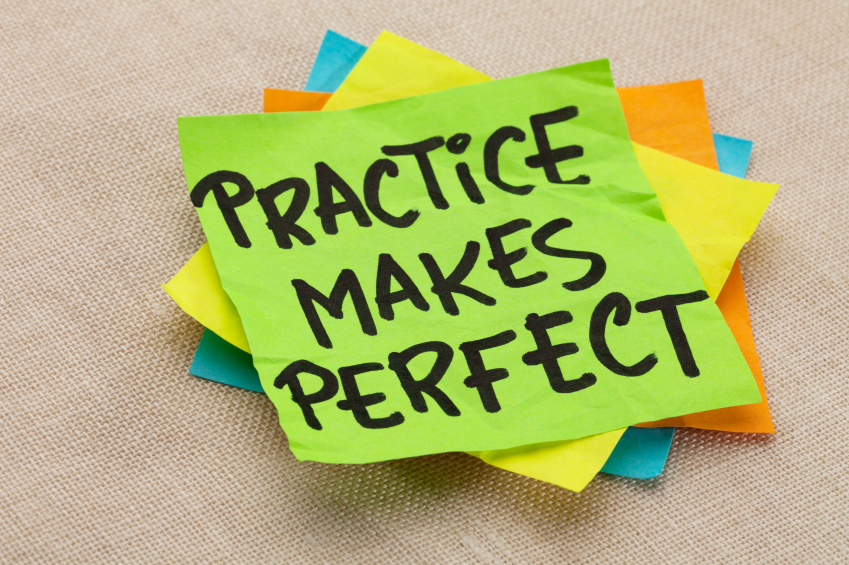Het arrangement Digitaal Leerarrangement is gemaakt met Wikiwijs van Kennisnet. Wikiwijs is hét onderwijsplatform waar je leermiddelen zoekt, maakt en deelt.
- Auteur
- Laatst gewijzigd
- 10-04-2023 21:19:28
- Licentie
-
Dit lesmateriaal is gepubliceerd onder de Creative Commons Naamsvermelding 4.0 Internationale licentie. Dit houdt in dat je onder de voorwaarde van naamsvermelding vrij bent om:
- het werk te delen - te kopiëren, te verspreiden en door te geven via elk medium of bestandsformaat
- het werk te bewerken - te remixen, te veranderen en afgeleide werken te maken
- voor alle doeleinden, inclusief commerciële doeleinden.
Meer informatie over de CC Naamsvermelding 4.0 Internationale licentie.
Aanvullende informatie over dit lesmateriaal
Van dit lesmateriaal is de volgende aanvullende informatie beschikbaar:
- Toelichting
- Good day everyone! Welcome to this digital learning space. This DLS (Digital Learning Space) is made specifically for you to study the grammar of chapters 5 and 6, the word list belonging to chapter 6 and to further practice any complex subjects. If you are like me and you like to do some extra studying by yourself then this is the perfect DLS for you.
- Eindgebruiker
- leerling/student
- Moeilijkheidsgraad
- gemiddeld






